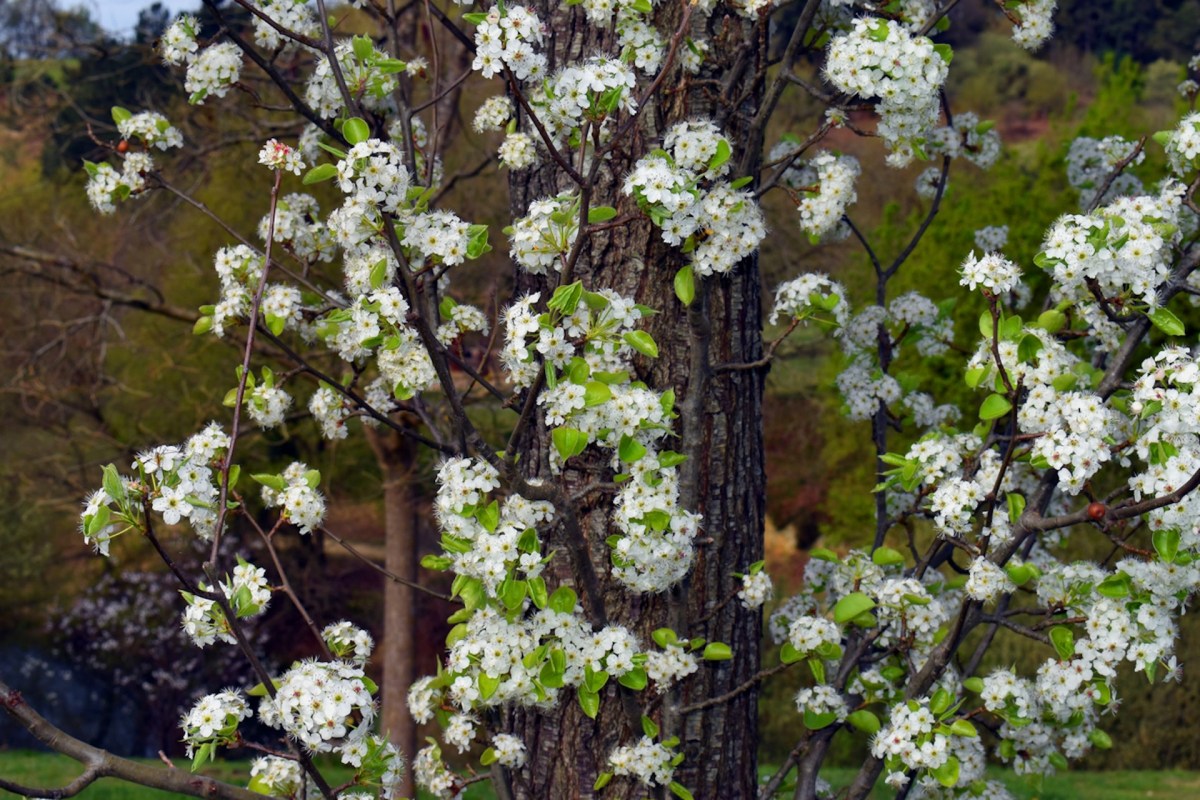The Callery pear tree is a popular landscaping choice throughout the United States that is native to eastern Asia and was introduced to the U.S. in the 20th century. Unfortunately, it is now widely recognized as an invasive species, as it spreads quickly and shades large areas, preventing other plants from getting sunlight and growing.
Five states — Ohio, Pennsylvania, South Carolina, Maine, and Delaware — have already banned the Callery pear from being sold commercially. Massachusetts is also considering a ban, and now Kansas is joining that list as well.
"The Callery pear is one of the, if not the most, critically threatening invasive species for land managers and for ecology, habitat, wildlife as well as industry," said Chris Cardwell, a program manager for Deep Roots, an organization that advocates for the eradication of invasive plants.
The proposed quarantine in Kansas would prohibit the sale and planting of Callery pear trees starting on January 1, 2027. It would not mandate that individuals with a Callery pear tree on their private property cut the tree down. That, apparently, was not good enough for Kansas resident Rhonda Goodin, whose public testimony the Kansas Reflector highlighted.
"I realize some people don't like these trees," Goodin said. "If you want to get rid of these trees in your yard, that's fine and good with me. But what I do in my yard doesn't seem to be any of your business. My bottom line is don't make the rest of us have to abide by something that a few want. Kansas is a big state. Stay out of my yard."
While Goodin can keep her cherished Callery pear tree whatever happens with the law, the issue of invasive plant species goes beyond the idea that "some people don't like them."
Invasive species wreak havoc on an ecosystem, causing ripple effects throughout. Because they spread so easily, having one such tree on your property does not mean it will be limited to your property.
Join our free newsletter for cool news and cool tips that make it easy to help yourself while helping the planet.









